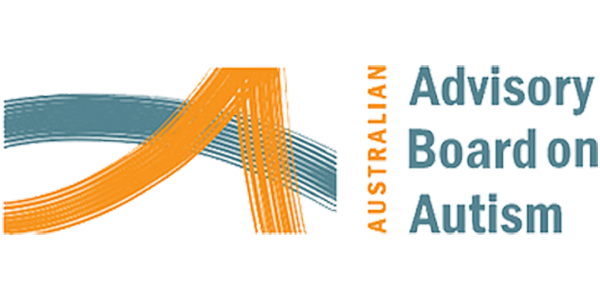Royal Commission into Violence, Neglect and Exploitation of People with a Disability
16 Oct 2020
Please follow this link for more information about how the Royal Commission is being conducted as a result of the COVID-19 outbreak.
The Royal Commission into Violence, Abuse, Neglect and Exploitation of People with Disability was established on 4 April 2019 by the Federal Government of Australia.
The aim of the Royal Commission is to help inform Australian governments, institutions and the wider community on how to prevent, and better protect, people with disability from experiencing violence, abuse, neglect and exploitation in the future. It will be considering the lived experiences in any setting involving:
- Incidents of violence, neglect, abuse, exploitation of people with disability
- Complaints processes and outcomes
- Lack of access to support or services.
It will also examine the quality of disability support services and examples of best practice and innovation.
We encourage everyone involved in the autism community – individuals on the spectrum, their families and carers, as well as staff and the general public – to visit the website established by the Australian Government for more information about the Commission. The site provides information about the Disability Commission, including the Terms of Reference, Submissions, News and Fact Sheets. Easy Read information and Auslan videos are available. (Fact Sheets can also be found below.)
You can also contact the Commission if you have questions about the Commission and its work, or need assistance to make a submission by calling 1800 517 199 Monday to Friday, 9am-5pm or emailing.
Do you need support for the Disability Royal Commission?
The Disability Royal Commission will run for three years until 2022. It will look at ways to prevent people with disability from experiencing violence, abuse, neglect and exploitation. Free and independent support is now available to help you. These supports are funded by the Australian Government.
Counselling support from Blue Knot Foundation
Counselling support is for people with disability, their families and carers, and anyone affected by the Disability Royal Commission.
Call the National Counselling and Referral Service 1800 421 469 (am-6pm weekdays or 9am-5pm weekends AEDT) to connect to a counsellor who can support you to:
- discuss your feelings and emotions in a safe and confidential environment
- work out a problem or issue
- make choices about telling your story to the Disability Royal Commission
- find other practical supports available to you.
You can also visit dss.gov.au/disability-royal-commission-support
If you are currently experiencing any form of violence or abuse, or are concerned for your safety, call the police on 000.
Advocacy support from the National Disability Advocacy Program
An advocate can support people with disability (or family members or carers acting on their behalf) to help protect their rights and understand how to engage with the Disability Royal Commission.
An advocate will be able to help you to understand how to tell your story, work out problems, find communication supports, or access other supports such as legal or financial services. Advocates don’t make decisions for you or tell you what to do.
You can find out more about the supports available on the Royal Commission website in accessible formats such as Easy Read, Auslan and translated material at dss.gov.au/disability-royal-commission-support
People who are deaf, hard of hearing and/or have a speech impairment can contact us through the National Relay Service (NRS). Please phone 133 677.
If you require support in another language you can use the Translating and Interpreting Service (TIS National) free of charge by:
- calling the National Counselling and Referral Service on 1800 421 468 and ask for an interpreter. The counsellor will make the arrangements, or
- calling TIS on 131 450 and asking to be connected to the National Counselling and Referral Service on 1800 421 468.


